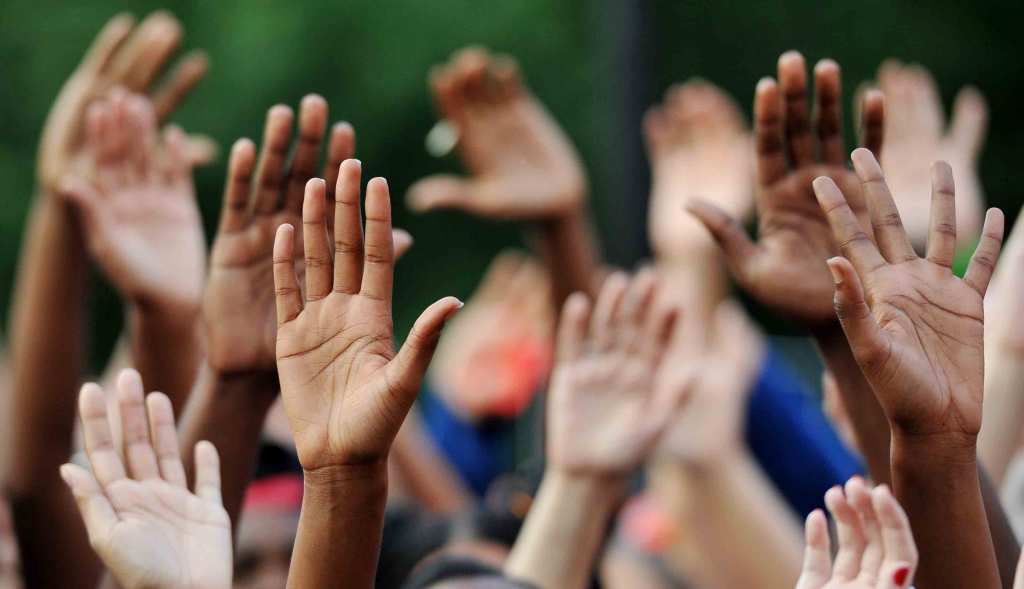
In Ferguson, Mo. protests are in their 13th day. And while a governor-imposed curfew has been lifted and National Guard units have been withdrawn, a “state of emergency” remains in place. Amid a flood of related reading, these articles and resources have stood out to me. I hope their insights will fuel your own discussions about Ferguson and the larger systems at play.
The history of Ferguson and demographic change in suburbia
The New York Times explores the history of changing demographics in Ferguson and how political backlash has led to a more exclusive democratic process. Meanwhile, the conservative libertarian blog Reason takes a deeper look at how the conditions outlined in the Times piece are replicated in towns and communities across the United States.
“State of emergency”
While there has been much-needed focus on the events surrounding the killing of Michael Brown, some attention needs to be paid to the actual “state of emergency” in Ferguson. The U.S. Government found itself, according to ABC News, defending the bellicose law enforcement response in this town in Missouri to countries it had critiqued only a few months earlier for similar activity. The curfew, state of emergency and closing of public schools resulted in the criminalization of an entire community as a response to legitimate civil protests. Talking Points Memo offers some excellent coverage of a joint release from the American Civil Liberties Union, Lawyers’ Committee For Civil Rights Under Law and NAACP Legal Defense Fund which condemned the state of emergency instituted by the Governor.
The criminalization of Ferguson
The conditions left by the state of emergency have created so much confusion that the National Journal asks “Who is in charge in Ferguson?” The virtual disappearance of public officials on the streets created a leadership vacuum that bred more confusion among the several law enforcement jurisdictions and allowed some law enforcement officials to act irresponsibly. The Huffington Post looks at the harassment of journalists, Gawker examines one of five unexplained shootings that took place during the protests and NBC News pushed back on the law enforcement argument that the protests were mostly made up of outside agitators. Two important pieces in USA Today and the Los Angeles Times take a step back to consider the overall number of shootings around the country and the implicit bias behind the disparate gun violence by police officers, security guards and vigilantes against African American, Latino and Native American men.
What’s race got to do with it?
There is a growing debate about the underlying causes of the events in Ferguson. Some commentators, like former NBA athlete Kareem Abdul-Jabbar, argue that economic inequality is the issue at hand. At The Nation, Dave Zirin adds that addressing racism is not a distraction but a precondition to addressing poverty and economic inequality. Underscoring Zirin’s argument, an article from The Root explores white privilege and poverty.
What’s next, America?
So what does this all mean? So much has happened in one week and it can be difficult to put it all into context. Luckily HBO’s John Oliver provides an excellent visual summary of recent news, and renowned columnist Bob Herbert offers some insights about what might come next.
For even more information, I recommend taking a look at the cutting-edge work of the following four organizations—all of them creating new tools to address implicit bias and systemic racism, and build a truly inclusive democracy:
Center for Social Inclusion works with community groups and national organizations to develop policy ideas, foster effective leadership, and develop communications tools for an opportunity-rich world in which we all will thrive no matter our race or ethnicity.
Change Lab is a grassroots political lab that explores how U.S. demographic change is affecting racial justice politics, with a strategic focus on Asian American identity.
The Haas Institute for a Fair and Inclusive Society at UC Berkeley brings together researchers, community stakeholders, policymakers and communicators to identify and challenge the barriers to an inclusive, just and sustainable society and create transformative change.
Philanthropic Initiative for Racial Equity (PRE) works to increase the amount and effectiveness of resources aimed at combating institutional and structural racism in communities through capacity building, education, and convening of grantmakers and grantseekers.